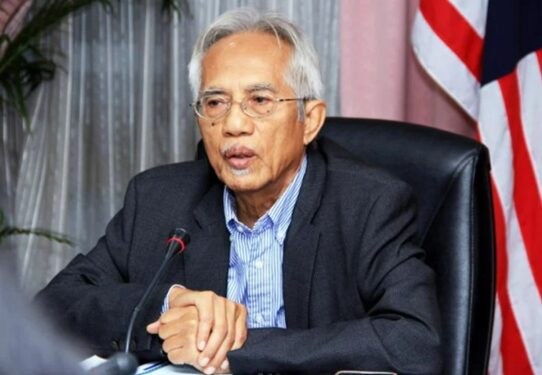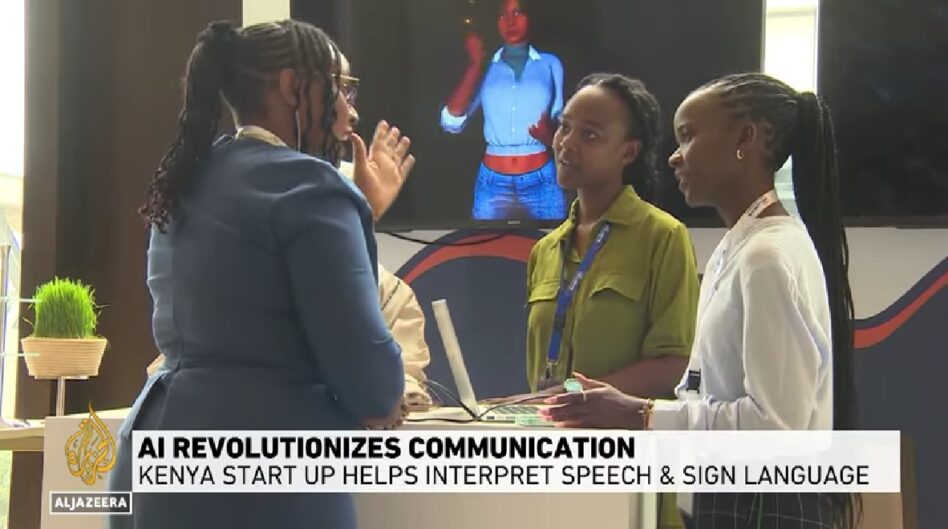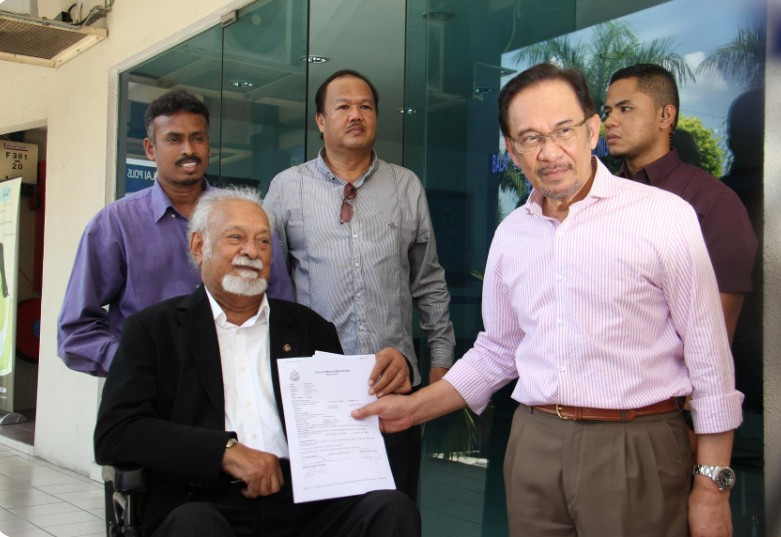ELECTION economy is not the same as economic issues in election campaigns. Judging from mainstream mass media reports and social media chatter, economic issues are not a favourite topic.
There are two or three reasons for this to be happening. Among them are that election candidates do not understand the concept of economy; the mass media are not interested in economic issues; and so do political parties which are oblivious to economic developments around them.
In fact, economic matters should be the main agenda for political parties and election candidates, not to mention in a situation where all the common people are being pressured by economic issues.
At a time when politicians promise pleasure in the world and happiness in the afterlife if you vote for them, Bank Negara Malaysia (BNM) ‘sloppily’ continues its policy of raising Malaysia’s overnight base rate (OPR) which in turn raises the lending rate. This burdened the public who owed money to the banks and caused the price of goods to rise.
If BNM, commercial banks and the trade sector already did as they pleased even before the dissolution of Parliament, there is little hope for a change for the better considering that the present government is only in “caretaker” capacity while Finance Minister Tengku Datuk Zafrul Abdul Aziz is busy campaigning as an UMNO/Barisan Nasional (BN) election candidate.

Ringgit downtrend
It is indeed not surprising that the various quarters who have limited understanding of economy and financial management are predicting that the GST (Goods and Services Tax) model implemented during the era of ex-premier Datuk Seri Najib Razak will be re-implemented should UMNO/BN win the GE15.
Meanwhile, the GE has its own dynamics from an economic and financial point of view. For example, since the dissolution of Parliament on Oct 10, the ringgit exchange rate against the greenback has declined further.
On Oct 10 when the Parliament was dissolved, we needed RM4.65 to buy US$1. But on the Nov 5 nomination day, we have to pay RM4.75 for every US$1 or a drop of 10 sen in less than a month.
When the ringgit exchange rate declines, the price of imported goods – including food items – will rise automatically. This is called imported inflation.
Three or four national polls ago, stock prices on Bursa Malaysia soared when Parliament was dissolved, and general elections (GEs) were announced. The share price of UMNO-linked counters on Bursa Malaysia would spike. Investors back then were confident that UMNO/BN would return to power. UMNO/BN was a “bullish factor” itself.
Wind of change
But since the last few GEs, such development did not occur anymore. There are no longer UMNO-linked counters either because they have been ‘ousted’ from the market or have been taken over by other parties.
This time around, the benchmark FBM KLCI went up a little upon the dissolution of Parliament but went down again prior to the nomination of GE15candidates.
Finally, the economy of the election itself. The Election Commission (EC) is estimated to be spending RM1 bil for GE15. Deposit money by the 945 candidates for Parliament seats amounts to RM9.45 mil (RM10,000 for each seat) while that of 441 state assembly candidates stands at RM2.2 mil (RM5,000 for each seat).
If you calculate the permissible expenditure limit of RM200,000 for each Parliament seat and RM100,000 for each state assembly seat, the total for Parliament seats is RM189 mil and RM44.1 mil for state assembly.
Then there is a deposit for campaign materials of RM5,000 for Parliament and RM3,000 for state assembly. But all this will not go into the government’s coffers except the money of the candidate who lost their deposits.
Those are official expenses according to election rules. We don’t have a clue of the unofficial ones. From what we see and hear, there are bound to be political parties and candidates who throw money around. It is not surprising that some reach millions of ringgit for one parliamentary constituency. – Nov 9, 2022
Datuk A. Kadir Jasin is a veteran journalist and blogger. He was also the former Bersatu supreme council member.
The views expressed are solely of the author and do not necessarily reflect those of Focus Malaysia.









